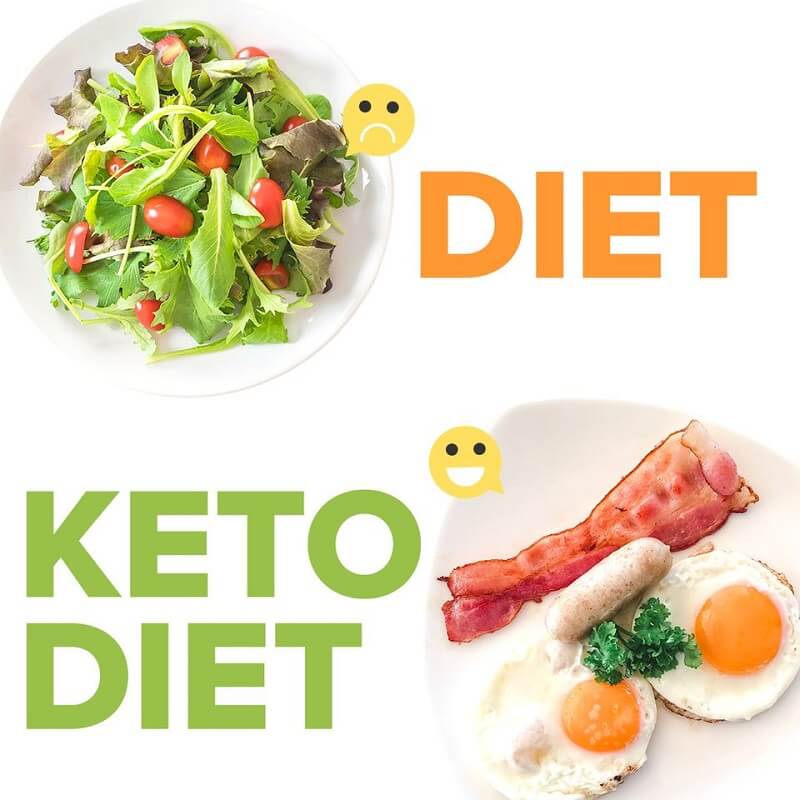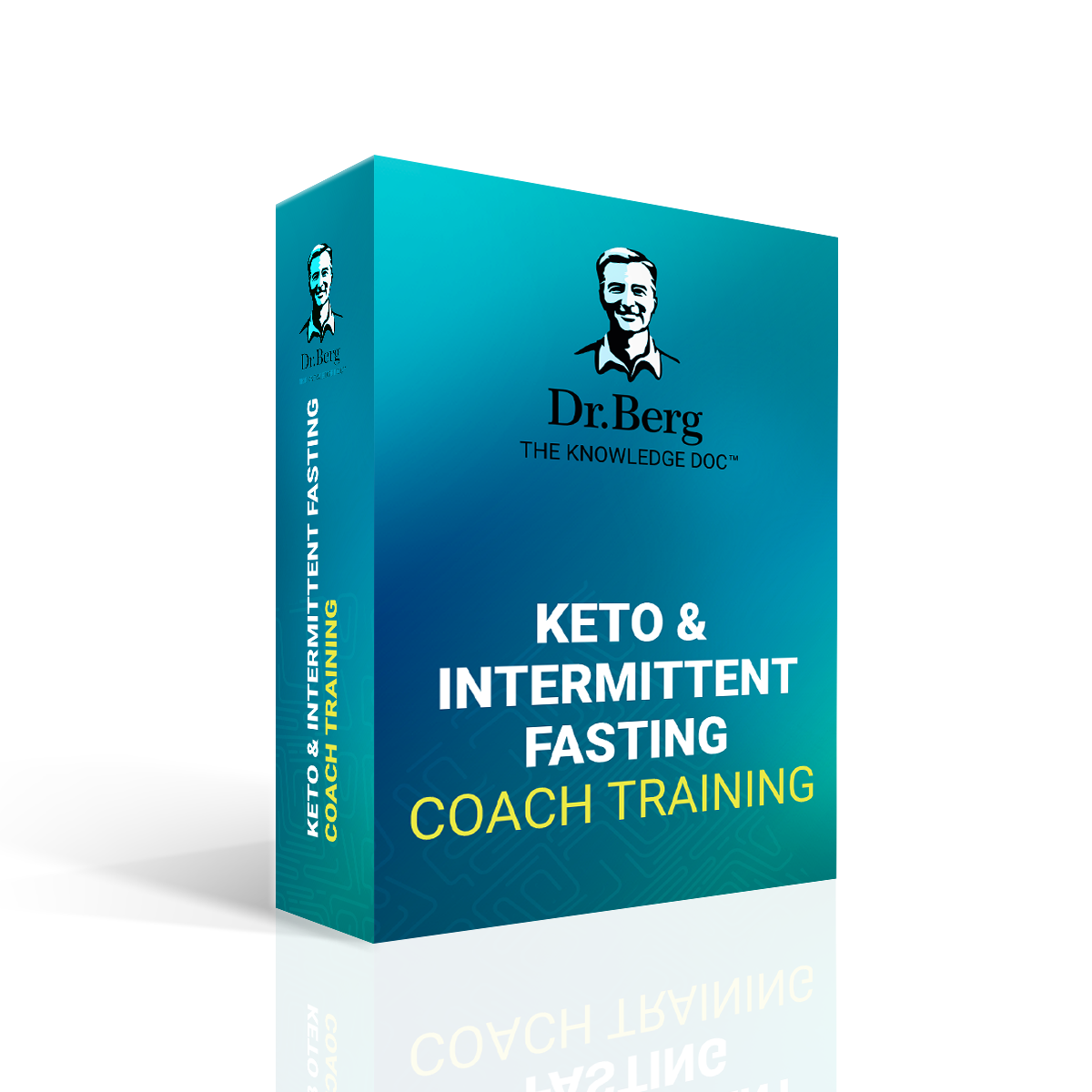Keto Diet: Amazing Proven Benefits and Side effects to Reduce

What is Keto Diet?
The ketogenic diet is an extremely low carb, high fat diet that is comparable to the Atkins and low carb diets. It entails substantially lowering carbohydrate consumption and substituting it with fat.
Table of Contents
ToggleThe ketogenic (or keto) diet is a high-fat, low-carbohydrate diet. Maintaining this diet is an excellent weight-loss method. More significantly, a rising number of studies show that it lowers risk factors for diabetes, heart disease, stroke, Alzheimer’s, epilepsy, and other disorders.
When you follow the keto diet, your body enters a metabolic condition known as ketosis. When you are in ketosis, your body uses ketone bodies for energy instead of glucose.
This diet’s Nutrients breakdown is generally as follows:
- Fat contributes for 70% of your daily calories.
- Protein accounts for 25% of your daily calories.
- Carbohydrates contribute for 5% of your daily calories.
Benefits of Keto Diet:
1. Weight Loss:
Only twenty years ago, it was widely assumed that consuming a lot of fat made you obese (and increases your risk of heart disease).
But Now, contemporary research reveals that high-fat, low-carb diets like keto have a lot to offer.
At first, the weight loss is due to a loss of water as a result of cutting carbs from your diet, which causes your body to burn up the carbohydrates stored in your liver, which hold onto water. Because the diet encourages you to eat complete, high-fat meals, you will lose even more weight.
The ketogenic diet for weight reduction is based on the idea that by depriving the body of glucose, which is the major source of energy for all cells in the body and is obtained by ingesting carbohydrate meals, an alternative fuel called ketones is created from stored fat (thus the word “keto”-genic).
Because it cannot retain glucose, the brain requires the most glucose in a consistent supply, roughly 120 grammes per day. The body initially takes stored glucose from the liver and briefly breaks down muscle to release glucose while fasting or eating very little carbohydrate.
If this goes on for 3-4 days and the body’s stored glucose is depleted, blood levels of an insulin-like hormone drop, and the body switches to fat as its major fuel. Ketone bodies are produced by the liver from fat and may be utilized in the absence of glucose.
2. Keto Treating Cancer :
Furthermore, certain tumors are unable to metabolise ketone bodies due to mitochondrial malfunction and down-regulation of ketone-metabolizing enzymes. Thus, using a keto diet in cancer therapy reduces circulating glucose levels and induces ketosis, starving cancer cells of energy while normal cells modify their metabolism to use ketone bodies and survive. Moreover, lowering blood glucose levels lowers insulin and insulin-like growth factor levels, both of which are major drivers of cancer cell proliferation.
3. Keto works on Diabetes :
If you’re insulin dependent, which means your blood sugar levels are greater because your body isn’t responding appropriately to the hormone insulin, nutritional ketosis may help you since your body will require and produce less insulin.
There have been fewer research on the keto diet in persons with type 1 diabetes. One small study revealed that it helped persons with type 1 diabetes reduce their A1c readings, but much more research is needed to gain a complete picture of the diet’s benefits.
The ketogenic diet has the ability to lower blood glucose levels. Controlling carbohydrate consumption is frequently suggested for persons with type 2 diabetes because carbs convert to sugar and, in high amounts, can cause blood sugar increases.
Carbohydrate counts, on the other hand, should be calculated on an individual basis with the assistance of your doctor.
Eating too many carbohydrates might be problematic if you already have high blood glucose levels. Some people notice lower blood sugar levels when they shift their emphasis to fat.
4. Keto on Heart Health:
According to the researchers, a ketogenic diet can assist persons with heart disease by decreasing inflammation and oxidative stress. According to experts, using ketone supplements may be more advantageous than following a keto diet.
The keto diet is connected with greater levels of HDL, often known as good cholesterol, which is linked to a lower risk of heart disease.
According to the current findings, a ketogenic diet stimulates the breakdown of fatty acids in cardiac muscle cells. This process generates acetyl-CoA, an alternate fuel that mitochondria can use instead of pyruvate as an energy source.
“As a result of these findings,” McCommis explains, “consuming higher fat and lower carbohydrate diets may be a nutritional therapeutic strategy to treat heart failure.”
The diet cured heart failure by encouraging the breakdown of fatty acids in mitochondria rather than ketones, according to the researchers. Adding additional ketones to the mitochondria only marginally helped heart failure.
5. Keto On Epilepsy :
Since its inception in the 1920s, the ketogenic diet has been used to treat seizures. About half of the youngsters who do it see a significant decrease in the number of points they receive. As many as one in every seven people have a total cessation of seizures.
The diet is beneficial for many forms of epilepsy, but it is notably beneficial for Lennox-Gastaut syndrome, myoclonic astatic epilepsy (Doose syndrome), and others. Some paediatric epilepsy disorders react quite well to the ketogenic diet, but the majority of adult epilepsy syndromes do not.
Because the ketogenic diet is so demanding, doctors normally only offer it after a kid has tried two or three drugs and none of them have worked. When the diet succeeds, children can typically reduce or discontinue their medicine. Furthermore, most children who follow a ketogenic diet for at least two years have a strong probability of being seizure-free – even after they resume normal eating.

Side Effects of Keto Diet :
Although the side effects of the ketogenic diet are typically less severe than those of anticonvulsant drugs used to treat epilepsy, those who follow the diet may encounter a variety of negative consequences.
1. The Keto Flu :
You’ll start to feel better as it adjusts to the new fuel source (typically within a week or two). By drinking enough of water and getting plenty of sleep, you may be able to reduce the affects of keto flu.
2. Diarrhea :
This might be because the gallbladder—the organ that generates bile to aid in the breakdown of fat in the diet—is feeling “overwhelmed.” Diarrhea may also occur as a result of a lack of fibre in the keto diet. This can occur when a person restricts carbohydrates (such as whole-grain bread and pasta) without supplementing with other fiber-rich meals such as vegetables. It can also be caused by an allergy to dairy or artificial sweeteners, which you may be consuming more of now that you’ve switched to a high-fat, low-carb diet.
When we consume fat-containing meals, our liver secretes bile into our digestive tract to aid in the breakdown of the fat. Following a high-fat diet, such as keto, requires the liver to produce more bile—and bile is a natural laxative, so too much can soften stool and speed up how quickly it goes through your system, resulting in diarrhea.
3. Constipation :
Constipation is a typical adverse effect of low-carb diets such as the keto diet. When you severely restrict your carbohydrate consumption, you have to say goodbye to high-fiber meals like whole grains, legumes, and a big proportion of fruits and vegetables.
When you combine this with the fact that your body is excreting more water, you have a formula for blocked pipes. You can keep things moving by eating keto-friendly foods like avocado, almonds, and small amounts of non-starchy veggies and berries. Increasing drinking of water may get you out of it.
4. Regaining Weight When you Stop Keto Diet :
The keto diet is well-known for providing a speedy initial weight loss. This is due to the fact that carbohydrates store more water than protein or fat. As a result, after you stop eating them, all of the additional H2O is excreted through urine. As a consequence, the scale may read a few pounds lower, and you may appear to be a little slimmer.
That first dip might be largely water weight. However, evidence indicates that the keto diet is also beneficial for fat reduction. An Italian study of almost 20,000 obese people discovered that those who ate keto shed around 12 pounds in 25 days.
However, researchers point out that there aren’t many studies that look at whether the pounds will remain off in the long run. Most individuals find it difficult to keep to such a rigorous eating regimen, and if you stray from your diet, the pounds may simply pile back on.
5. Keto Breath :
When your body enters ketosis, it begins to manufacture byproducts known as ketones. According to a 2015 assessment of research, this includes acetone—yes, the same molecule found in nail paint remover, which your body really produces on its own, sounds crazy right?
One method ketones are produced from the body is by exhaling, and breath generally has a unique odour that differs from the ordinary bad breath noticed when there is a buildup of germs in the mouth.
Increasing water intake, reduce a little protein in keto diet and increasing carb intake, practicing good oral hygeine, chewing mint and gum may lessen bad breath because of keto diet.
6. Changes in Eating Behavior :
Cutting out carbs causes the brain to release a chemical called neuropeptide-Y (NPY), which tells the body that we need carbs; when we don’t get those carbohydrates our bodies require, this chemical builds up and can intensify cravings, increasing the risk of developing disordered eating patterns such as binge eating. It has nothing to do with a lack of ‘will power,’ but rather with the body’s biochemical reaction to deprivation.
7. Feeling Thirsty All the Time :
Don’t be shocked if you become thirsty while on the keto diet. Excreting all that excess water will almost certainly produce a surge in thirst, so make it a point to drink plenty, suggests Mancinelli.
There is no hard and fast rule regarding how much water you should drink on a keto diet. In general, attempt to drink enough water to keep your urine clean or pale yellow. Increase your intake if it becomes any darker.
8. Getting Pimples on Skin :
Are you plagued with pimples? On the keto diet, you may notice a difference in your skin, especially if you were a former sugar addict. According to a review published in the Journal of the Academy of Nutrition and Dietetics, eating a lot of empty carbohydrates is connected to severe acne, in part because these meals promote inflammation and signal the release of hormones that increase the formation of pore-clogging oils.
Some research suggests that reducing your carbohydrate consumption may help solve these issues, improving your skin as a consequence.
9. Affecting kidney Function :
The kidneys play a vital part in protein metabolism, and ingesting too much of the food may have a deleterious influence on renal function. While ketogenic diets are designed to be considerably higher in fat than protein, many keto dieters make the error of eating a lot of meat. As a result, You may wind yourself consuming far more protein than you require.
That’s why, before going keto, it’s a good idea to consult with a nutritionist or doctor who can help you customize your diet.
10. Changes in Heart Diseases :
A low-carbohydrate diet has been related to a decreased rate of obesity and type 2 diabetes, as well as better HDL cholesterol, all of which can translate to a lower risk of heart disease.
However, your heart health may be affected by what you consume. According to research published in the New England Journal of Medicine, low-carb diets focused mostly on plant sources of fat and protein (such as avocados or nuts) can reduce the risk of heart disease by 30%.
However, similar advantages did not apply to persons who primarily consumed animal-based proteins and lipids. (Think of it as bacon, butter, and steak.)
Furthermore, the American Heart Association warns that eating too much saturated fat—which is simple to do on a keto diet if you consume a lot of meat, butter, and cheese—can increase your risk of heart disease. While on the keto diet, you should get your cholesterol levels and heart health checked on a regular basis by a doctor.
Keto Diet is one of the very famous diets in the USA, but we are all should consider the side effects of the Keto diet. We are in the situation required for more immunity power, because of the Covid -19 pandemic.
#ketodiet#ketogenicdiet #benefitsofketo #healthbeneiftsofketo #ketodietsideeffects #sideeffectsofketo



